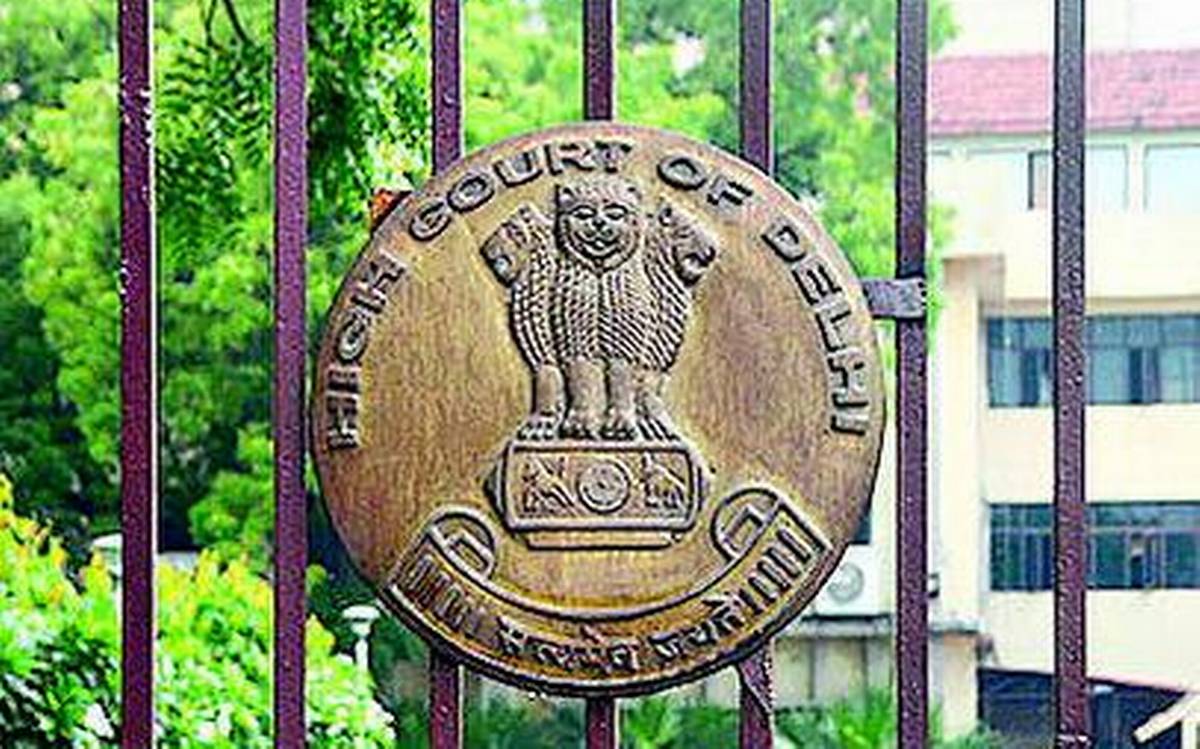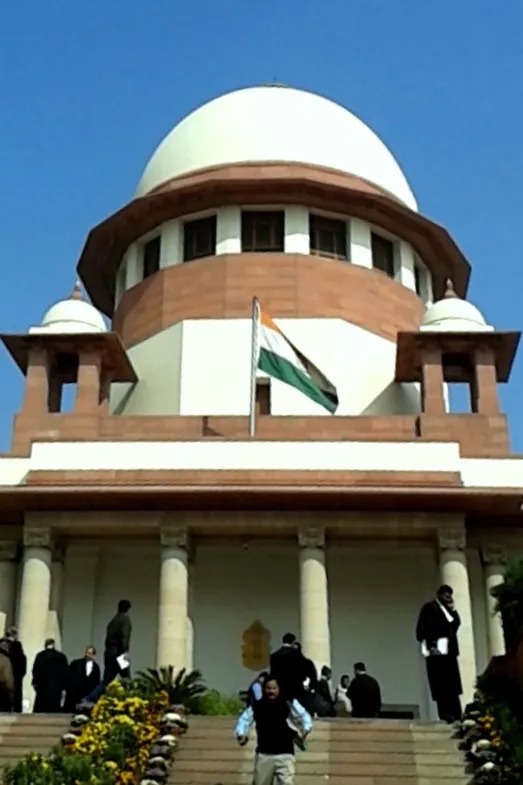1. By this application the judgment and order dated 28th of September, 2006 passed by the learned Tribunal has been impugned. Kaushik Saha, the respondent No. 4 herein, has challenged the appointment of the applicant to the post of Gramin Daak Sevak Sub-Postmaster (in short GDSSPM) of the Pantihal Branch Post Office. Both the aforesaid candidates participated in the selection process but the respondent No. 4 was unsuccessful. There were a number of eligibility conditions for the candidates for qualifying themselves for participation in the selection process. The relevant conditions are as follows:
(i) The applicant must have adequate means of income from an independent source other than the allowance drawn form the GDS post to maintain his livelihood. The candidate must possess landed property solely in his/her own name.
(ii) The applicant should be able to offer suitable rent free accommodation for the purpose of functioning the post office at the post village.
(iii) The candidate must have the minimum age of 18 years as on 5.9.2002 and the maximum age upto which the GDS Sub-Postmaster retained in service will be of years.
(iv) The minimum educational qualification for the post is matriculation or equivalent.
(v) He/she should not be an agent of LICI and any non-banking organisation.
(vi) The names of the candidate should have been registered in the focal employment exchange.
(vii) He/she should not be a member of any Panchayat or any political party.
(viii) The candidate who will be selected must have to take up his/her residence at post village before appointment.
2. The respondent No. 4, being unsuccessful, challenged the appointment of the applicant on the ground firstly that she did not have any landed property of her own at the time of making representation or appointment and secondly that she did not secure highest marks; rather the respondent No. 4 had secured highest marks.
3. The application, before the learned Tribunal, was sought to be heard on some point and on that point only the learned Tribunal has recorded its finding. But at the time of argument, a question, whether the appointing authority had evaluated the inter se merit of the candidates on a rational standard, is said to have arisen. We do not know who raised this question whether the learned Tribunal itself has done so or by any of the learned Counsel for the parties. But the pleadings show no such question was raised. Learned Tribunal found that the petitioner''s High School Certificate, issued by the then Madhyamik Shiksha Mandal, Madhya Pradesh, Bhopal, is not equivalent to School Final/Madhyamik Examination Certificate, furnished by other candidates.
4. Learned Tribunal did neither make any enquiry as to whether the petitioner had any landed property, as questioned by the respondent No. 4, nor did it make any enquiry as to whether the applicant secured the highest marks or not. Learned Counsel for the Union of India, before the learned Tribunal and before us, submitted that the petitioner indeed had all qualification and had secured the highest marks.
5. We are of the view that the learned Tribunal ought not to have made a third party''s case which was really not raised in the pleadings as it relates to the jurisdiction of the subject-matter and not inherent jurisdiction. Even if any such question was required to be decided, learned Tribunal should have given proper chance to the parties concerned but that was not given. Learned Tribunal did not find any ineligibility as to the petitioner''s qualification. Against that no cross-objection has been filed for not recording any other findings. Rather we find the petitioner has secured the highest marks and had landed property and had fulfilled all the conditions moreover, the learned Counsel for the Union of India also submits that the applicant had fulfilled all the required eligibility conditions. On that score alone the judgment and order impugned would have been set aside but a point has been raised before us that whether the petitioner had the requisite qualification, as required by the department.
6. Mr. Kar, learned Counsel appearing for the applicant, submits that conditions for eligibility is Matriculation or equivalent to School Final or Madhyamik, as also recorded by the learned Tribunal or suggested by the other side. Mr. Kar has produced documents before us, issued by the Board of Secondary Education, Madhya Pradesh, wherefrom it appears that Madhya Pradesh Madhyamik Shiksha Mandal is the predecessor of the previous body of the Madhya Pradesh Board of Secondary Education and in fact it is the Hindi version of the Board of Secondary Education, Madhya Pradesh.
7. Mr. Sirkar, learned Counsel for the respondent No. 4, submits that West Bengal Council of Higher Secondary Education has not accepted by necessary implementation that the certificate issued by the aforesaid Board of Secondary Education, Madhya Pradesh is equivalent to Madhyamik Certificate. Mr. Kar submits that the West Bengal Council of Higher Secondary Education has also filed an affidavit, though the original affidavit is not before us, a copy of which has been handed over to us. We find from the affidavit that the West Bengal Council of Higher Secondary Education has not ruled out the equivalency of the certificate issued by the Madhya Pradesh Board of Secondary Education. Bhopal, as has been submitted by the applicant. Besides, we think it is for the employer who is to judge the equivalency and the judgment and assessment of third party is not the germane in this matter; as in the terms and conditions, for eligibility nowhere it is mentioned that the standard followed by the West Bengal Higher Secondary Council should be adopted and followed by the department. When the department has accepted this certificate to be equivalent with that of the Matriculation then neither the Council nor any one can raise any question. It is an employment in the public department and when the public employer has satisfied itself with regard to equivalency of the certificate issued by the Madhya Pradesh Board of Secondary Education, Bhopal with that of the Matriculation, we think the learned Tribunal''s finding is not justified in this regard.
8. The other point raised by Mr. Sirkar regarding permanent house holding and income of the applicant, the same have been examined by us though not placed before the learned Tribunal. We do not find anything against applicant.
Having heard the learned Counsel for the parties and examining the documents and averments made in the petition, we are of the view that the applicant has fulfilled the eligibility conditions and there is no illegality and infirmity. Hence we set aside the order of the learned Tribunal.
The application, thus, stands disposed of. There will be no order as to costs.
9. Copy of the affidavit filed by the West Bengal Council of Higher Secondary Education be kept with the record.

